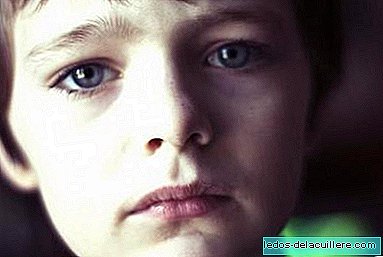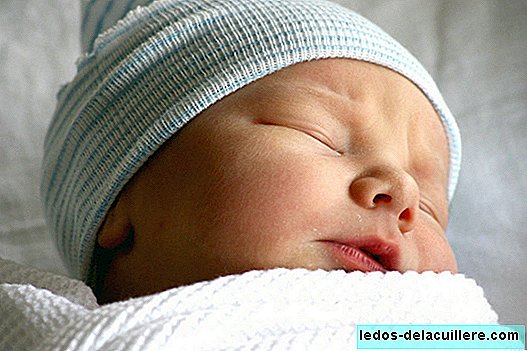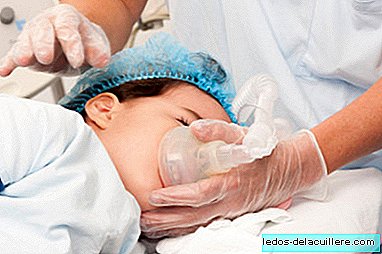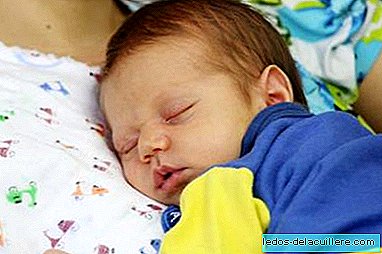
On Tuesday, WHO, through its regional director for Europe, Zsuzsanna Jakab, warned that more than 18 million children suffer abuse in Europe, during the presentation of the 'European Report on the prevention of child abuse'.
WHO has revealed that, every year, abuse is responsible for the deaths of some 852 children under fifteen. But that is only the tip of the iceberg and according to his report he estimates that 29.1% of boys suffer emotional abuse, 22.9% physical abuse, 13.4% of girls suffer sexual abuse compared to 5.7 % in men.
A public health problem
It is time to recognize child abuse as a public health problem, and not just criminal and social justice. Child abuse can be prevented through a public health approach, it is an opportunity that we cannot afford to lose. In the coming months, we will prepare a set of measures that countries can take to address this, and we are ready to assist in its implementation. Zsuzsanna Jakab
Who is at greater risk?
Young, single and poor parents With low levels of education and living in communities at risk of social exclusion, they may be more likely to mistreat their children.
Social and cultural acceptance The physical punishment of children, inequality, economic stress and legislation are factors that influence the rates of child abuse.
It is known that there is a strong association between child abuse and alcohol and drug abuse in the family, and domestic violence.
Poor children are the most affected
Rates of serious abuse are more than double that in low and middle income countries, and within countries, the mortality of children from less well-off families is several times higher than that of children belonging to the richest sectors of the society.

What can be done?
Prevention is much more effective, in relation to its cost, than to face the consequences of abuse. Therefore it is necessary that we approach it as a public health problem, as we would do with any epidemic that attacked our children, together with the implementation of effective prevention measures, such as:
Orientation programs of families at risk that cover the child's first years, such as home visits to provide support to parents, parenting programs and preschool education, reduce abuse.
Programs to prevent Cranial injuries (shaken baby syndrome), reduced alcohol availability, and intensive social and medical support to high-risk families are also effective.
Mass campaigns in the media, television programs and measures to alleviate poverty are promising, but more effort is needed in Europe.
It would be necessary to inform about what is child abuse, which is defined as physical, sexual or emotional abuse, and / or deprivation and abandonment.
Here we have talked about preventing the screaming of our children, which is something that for many of us who grow up based on voices and cakes is still a pending issue.
We must accept that we are facing a very serious problem that we cannot turn our backs on. It's about our children, it's about the future.












